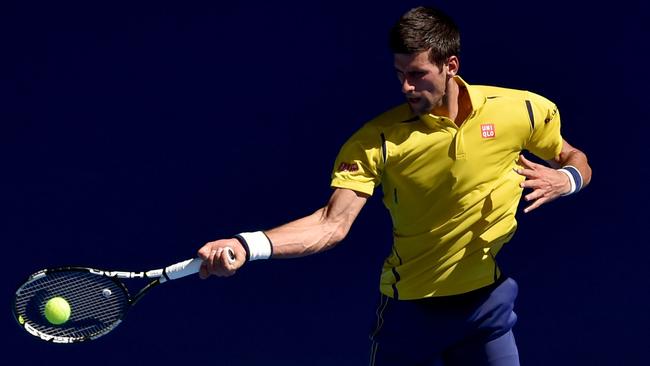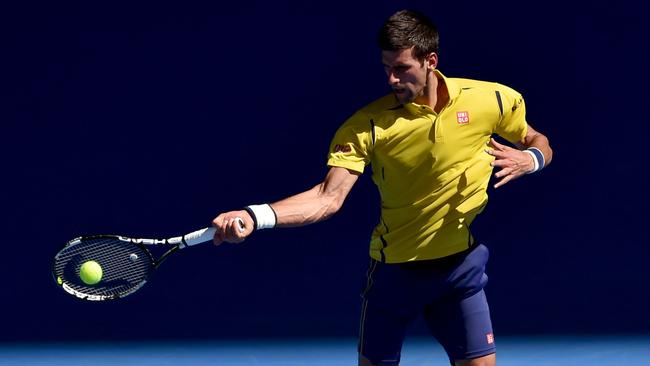Australian sporting codes want new laws to fight match fixing
PROFESSIONAL sports want new laws in Australia to help them fight the rising threat of match fixing.

News
Don't miss out on the headlines from News . Followed categories will be added to My News.
PROFESSIONAL sports want new laws in Australia to help them fight the rising threat of match fixing.
A coalition including Tennis Australia, Cricket Australia, the Australian Football League and the National Rugby League has warned the Federal Government of match-fixing’s potential to “strike at the core of sport’s integrity”.
The head of the tennis anti-corruption watchdog has not ruled out that as many as eight players under a cloud are competing at the Australian Open.
Nigel Willerton, head of the Tennis Integrity Unit, said it would be inappropriate to say whether any players were under investigation.
As match-fixing claims rock the sport, world No.1 Novak Djokovic has revealed he was offered $US200,000 to throw a match in 2007, while Aussie young gun Thanasi Kokkinakis said yesterday he had been offered cash through social media to fix games.
In Australia, match-fixing allegations are dealt with by local police forces; however, different laws apply across the states and territories.

The Coalition of Major Professional and Participation Sports, headed by sports administrator Malcolm Speed, says this inconsistency hinders “serious and concerted” efforts to address the threat.
It wants uniform laws so as to prevent offenders from avoiding prosecution by “forum shopping” in states and territories that have not adopted a policy agreed to in 2011.
In 2013, Victoria Police used the newly adopted policy to smash a multimillion-dollar international soccer match-fixing ring that involved six people at a Victorian Premier League football team.
In as submission to a Senate inquiry into foreign bribery Mr Speed outlined plans to tackle transnational sport corruption.
He said some cross-border match-fixing could be caught and deterred by extending federal laws on foreign bribery to cover sporting officials.
He warned of “significant damage that could ensue to all sport if the scourge of match-fixing were to increasingly infiltrate Australian sport”.
Mr Speed has also called for “in-play’’ betting to be made legal, so as to reduce the appeal to Australian punters of illegal, offshore bookmakers.
He has argued sports would be able to more easily “follow the money trail’’ and so protect the integrity of their matches.


